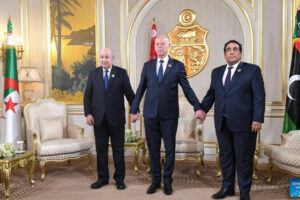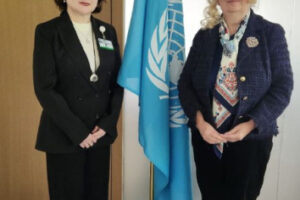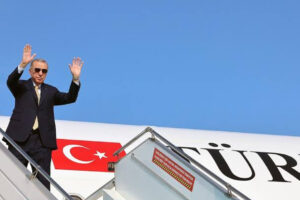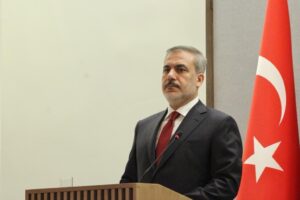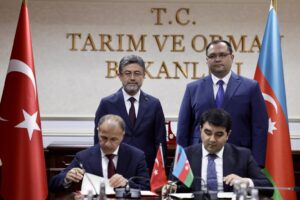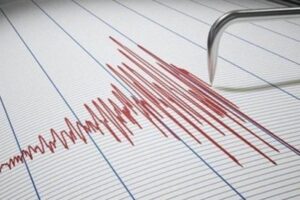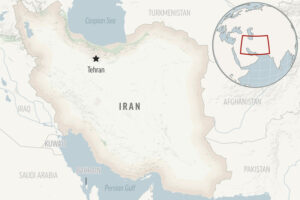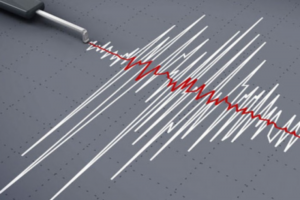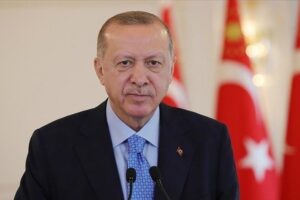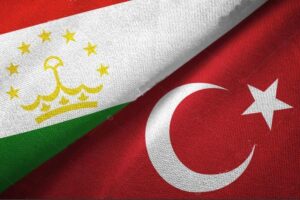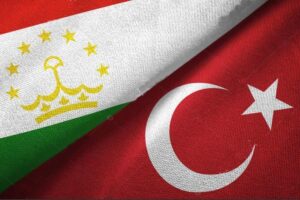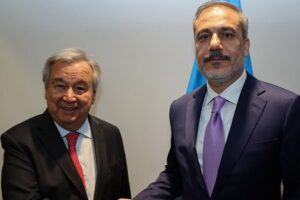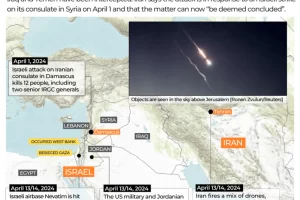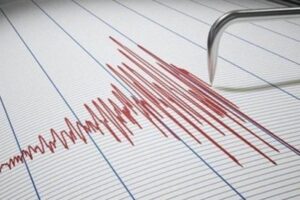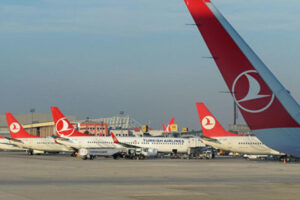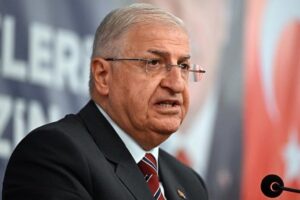Tokyo, 05 March, /AJMEDIA/
The countdown has started for Eurovision, the world’s biggest international song contest.
More than 160 million people are expected to watch the 2023 final, which will be broadcast live from Liverpool in May.
The UK is staging the contest on behalf of 2022 winners Ukraine.
When is Eurovision?
The Eurovision final will take place at the M&S Bank Arena on the waterfront in Liverpool on Saturday 13 May.
It will be the first Eurovision Song Contest to be held in the UK for 25 years.
The competition is made up of two semi-finals and the grand final – all of which will be broadcast live.
This year’s semis will take place on Tuesday 9 May and Thursday 11 May. Ten countries from each will go through to the final.
In addition, the UK, Italy, France, Spain, and Germany are already guaranteed a spot in the final, along with last year’s winners, Ukraine.
This means 26 countries will compete in the final.
Eurovision’s semi-final allocation draw explained
How can I get Eurovision tickets and what will they cost?
Tickets for all of the Eurovision shows will go on sale at 12:00 GMT on Tuesday 7 March.
As well as the three televised live shows – the semi-finals and the final – there are six preview shows which double up as dress rehearsals.
Tickets can only be bought from the UK Ticketmaster website, regardless of where you live.
You can only purchase tickets for one show at a time.
Prices range from £90 to £290 for the live semi-final shows, and from £160 to £380 for the live grand final.
Preview show tickets will cost between £30 and £280.
About 3,000 tickets will also be made available to Ukrainians living in the UK.
How can I watch Eurovision?
In the UK, Eurovision will be broadcast live on BBC One.
The programme will be hosted by Graham Norton, Hannah Waddingham, Alesha Dixon and Ukrainian singer Julia Sanina.
A special fan zone will accommodate up to 25,000 people at Liverpool’s Pier Head, close to the M&S Bank Arena.
Events planned include a submarine parade and a rave which will take place simultaneously in Kyiv.
Why is the UK hosting Eurovision?
Ukraine’s Kalush Orchestra won the 2022 Eurovision song contest with their song Stefania.
Usually, the winning country hosts the following year’s competition. But the ongoing war in Ukraine makes this impossible.
The European Broadcasting Union (EBU), which organises the contest, invited the UK to host it on Ukraine’s behalf because its 2022 entrant, Sam Ryder, was runner up.
It will be the ninth time the UK has hosted the competition and the fifth time it has done so on behalf of another country.
How the UK broke its Eurovision losing streak
How much does Eurovision cost?
The 37 broadcasters taking part in the contest each pay an entrance fee to the EBU. In recent years these fees have totalled about £5m. The BBC does not make its contribution public.
Russia used to be a significant financial contributor, but was expelled from the competition following its invasion of Ukraine.
BBC News has been told countries have been asked to pay more to make up for the loss. Three countries have said they will not take part as a result of the increase.
Some broadcasters are also thought to be worried about the additional costs of transporting equipment to the UK now it is no longer a member of the EU.
Staging the event is expected to cost the BBC between £8m and £17m.
The UK government has pledged £10m towards operational costs while local authorities in Liverpool have committed £4m.
How does the voting work?
The semi-finals are decided by a public vote, but arrangements for the final are more complicated.
Each of the 26 participating countries has a jury whose members rank all the final performances.
They award a fixed number of points to their top 10 acts: 12, 10, eight, seven, six, five, four, three, two or one.
These jury vote results are announced by each country in turn on the night.
Then, based on viewer votes, the competing countries also give the other contestants points, using the same scoring system.
For the first time, in 2023 public votes from outside Europe will play a part.
These worldwide votes will be combined and counted as if they are one other country, will follow the same scoring system.
Why does Australia take part in Eurovision?
Eurovision has been popular in Australia since the 1980s, and in 2015 it was invited to send an act as part of the contest’s 60th anniversary celebrations.
It has been allowed to take part ever since. Like European countries, it pays a fee to the EBU to help fund the event.
However, Australia is barred from hosting. If it were ever to win, it would have to nominate a European nation to stage the contest on its behalf.
Other non-European countries including Israel are also allowed participate because they are members of the EBU.
Eurovisioncast is available on BBC Sounds, or search wherever you get your podcasts from.




